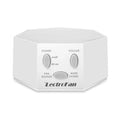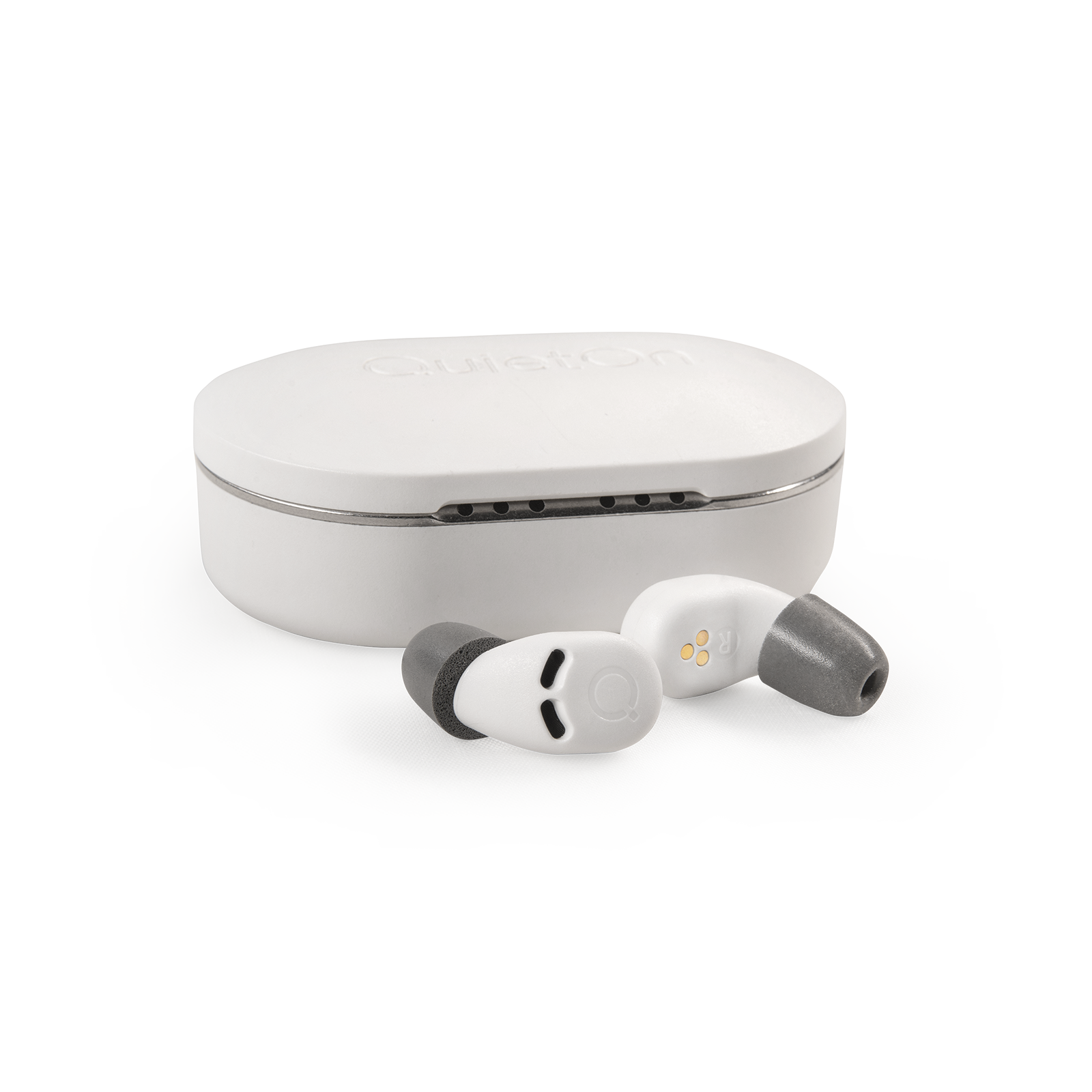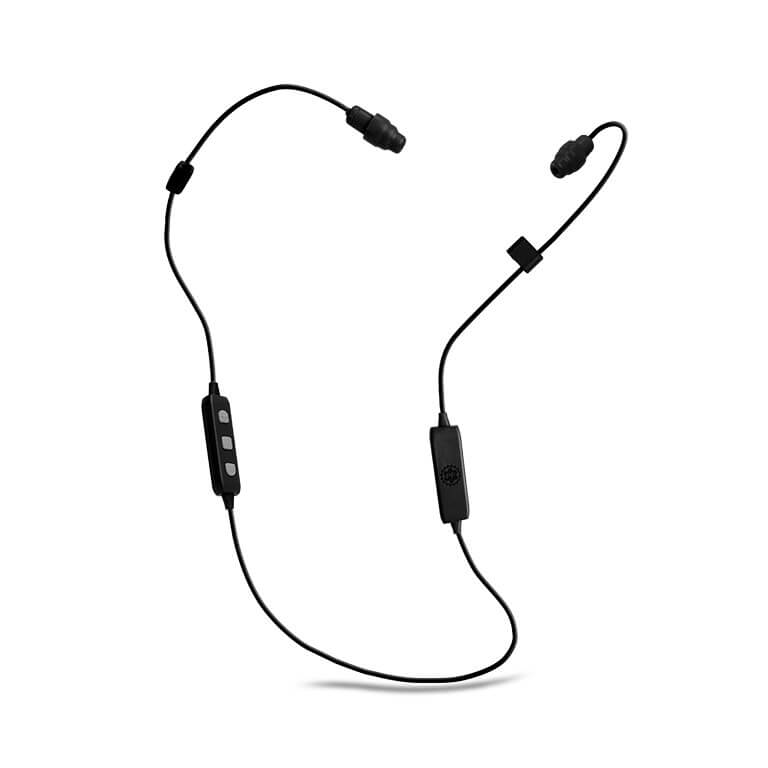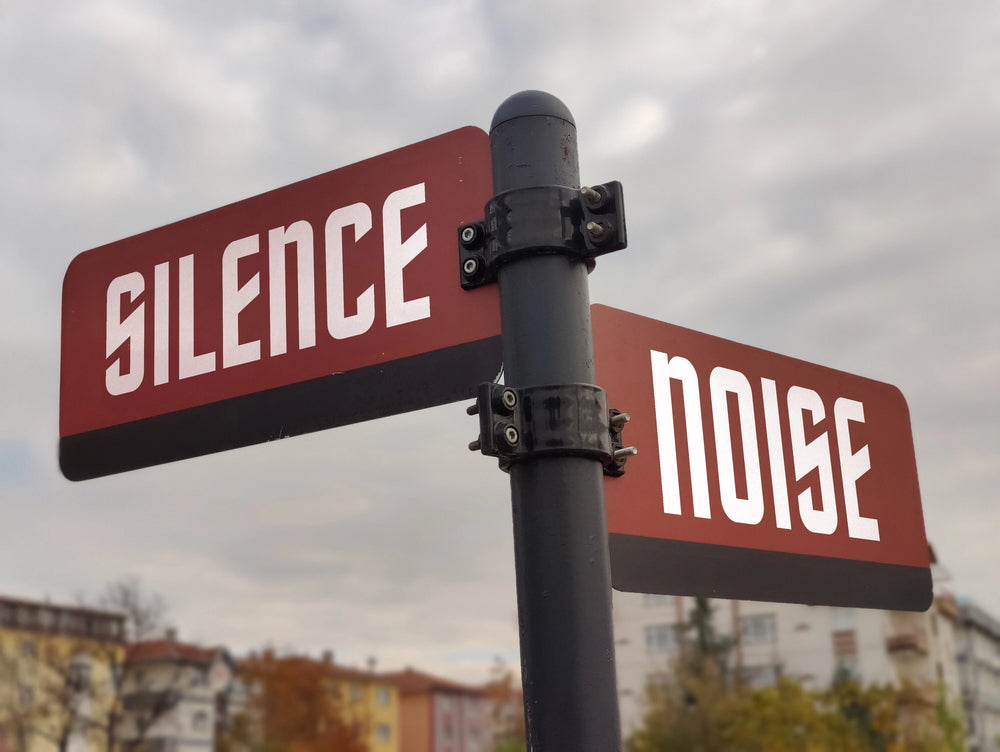Sound is an ever-present force in our lives, shaping how we experience the world and even how we understand ourselves. From the soothing hum of a loved one’s voice to the deafening roar of city streets, the noises around us do more than fill the air—they mold our mental health and sense of identity in profound ways. But how often do we stop to consider the impact of the soundscapes we inhabit?
The Psychological Weight of Noise
Modern life is saturated with sound, much of it unwanted. Noise pollution from traffic, construction, and crowded public spaces has been shown to take a toll on mental health. Studies have found that prolonged exposure to noise above 65 decibels can increase stress hormone levels, impair concentration, and disrupt sleep cycles. Chronic exposure to high-decibel environments, such as living near an airport or a busy highway, has also been linked to heightened risks of cardiovascular diseases, including hypertension and heart attacks.
Beyond the obvious distractions, noise infiltrates our subconscious, affecting mood and behavior in ways we may not immediately recognize. For example, research published in Environmental Health Perspectives highlights how noise pollution contributes to higher rates of anxiety and depression. A poorly designed acoustic environment at work, for instance, can lead to decreased productivity and increased frustration, ultimately eroding mental resilience.

The Healing Power of Intentional Sound
Not all sound is harmful. Certain types of soundscapes have the opposite effect, promoting healing, relaxation, and even self-discovery. For instance, a study published in Scientific Reports found that listening to natural sounds, such as birdsong or flowing water, activates the parasympathetic nervous system, which helps lower stress and enhance mood.
Music, too, plays a pivotal role in shaping our emotions and identities. It’s no coincidence that the songs we love often become soundtracks to our lives, anchoring us to memories and moments. Music therapy, increasingly used in clinical settings, has been shown to reduce cortisol levels, improve cognitive function in dementia patients, and help individuals process trauma.
The concept of "bioacoustic therapy," which uses nature-inspired soundscapes to encourage physical and mental relaxation, underscores how deeply our mental states are intertwined with auditory input. Emerging research even suggests that certain frequencies and rhythms can influence brainwave patterns, facilitating meditation and focus.

Noise and Identity
The sounds we surround ourselves with also shape who we are. Think about the auditory cues that define different cultures: the rhythmic beats of traditional drums, the soothing chants of spiritual rituals, or the unmistakable clatter of urban life. These sounds are not just background noise; they’re integral to our sense of belonging and identity.
Even on an individual level, our personal soundscapes—from the podcasts we stream to the playlists we create—offer clues about who we are and what we value. This personalization of sound reflects our emotional needs and cultural influences. For instance, someone drawn to ambient music might crave calm and introspection, while another person’s affinity for high-energy tracks may reflect their need for motivation and excitement.
The choice to embrace silence, too, can be an act of self-expression. Silence reflects a desire for peace, introspection, or even rebellion against the chaos of modernity. In a world brimming with noise, actively seeking silence becomes a statement of individuality and mental health awareness.
How to Take Control of Your Soundscape
Given the profound impact sound has on our mental health and identity, it’s essential to curate our auditory environments with care. Here are some evidence-based steps to reclaim your relationship with sound:
Reduce Unwanted Noise: Identify the sources of noise pollution in your daily life and find ways to minimize them. Use noise-canceling headphones or invest in soundproofing materials to create a more peaceful environment. Studies have shown that even modest reductions in noise exposure can significantly improve cognitive performance and mood.
Seek Out Positive Soundscapes: Spend time in nature or create your own calming auditory environment at home with tools like white noise machines, relaxing playlists, or sound therapy apps. Research shows that regular exposure to natural soundscapes can reduce physiological markers of stress, such as heart rate and blood pressure.
Practice Active Listening: Engage with sound intentionally. Mindful listening exercises—such as focusing on a single instrument in a song or listening to the subtle sounds of your surroundings—can enhance your awareness and appreciation of auditory experiences.
Embrace Silence: Make room for silence in your life. Periods of quiet can help reset your mind, improve emotional regulation, and enhance creativity. Studies indicate that silence activates the brain’s default mode network, allowing for introspection and problem-solving.
Personalize Your Auditory Identity: Think about the sounds that resonate with you and bring joy or comfort. Surround yourself with these auditory markers, whether they’re nostalgic tunes, nature sounds, or even the hum of a favorite white noise machine.

Conclusion: The Symphony of Self
The sounds around us are more than just background noise; they’re the building blocks of our mental and emotional lives. By tuning into the noises we encounter and consciously curating our soundscapes, we can foster better mental health and a deeper sense of identity. From the healing power of nature sounds to the transformative potential of silence, the auditory world is a profound influence on who we are.
In the symphony of life, it’s the sounds we choose—and those we let go of—that define who we truly are. Let’s take the time to listen with intention and shape a soundscape that nurtures both our minds and our spirits.














































































